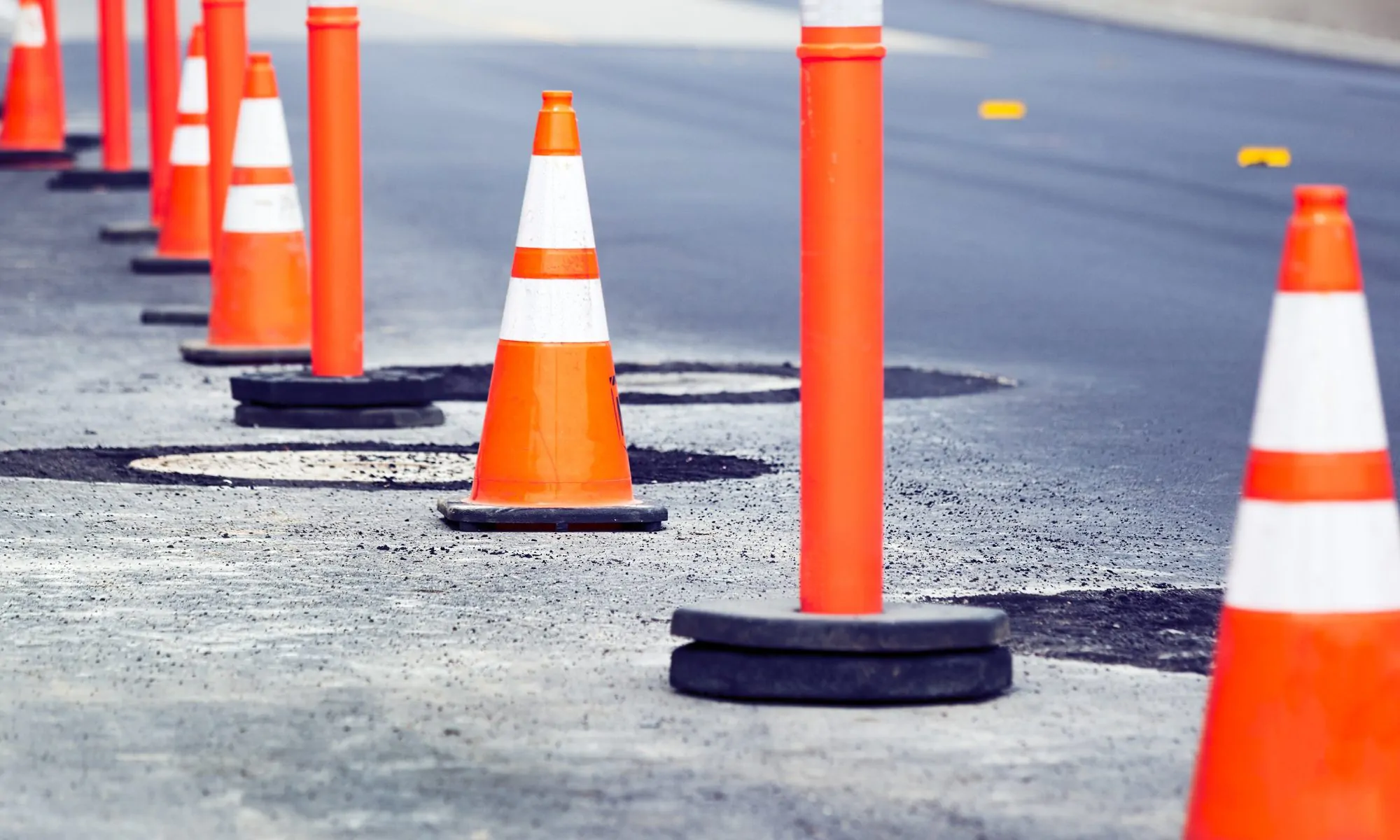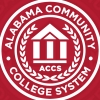Toyota/Mazda, Polaris, Remington, Hyundai, Honda, Airbus, Boeing…
These are just a few of the dozens upon dozens of new and expanding industries that have chosen to locate in Alabama and provide jobs and opportunity to our citizens in recent years.
It is no secret that Alabama continues to lead not only the southeast but the entire nation in economic development categories across the board, and the state’s Department of Commerce could fill a room with all of the “Silver Shovel” awards and other industrial recruitment honors it has captured over the past few decades.
But if we are going to continue our forward progress and provide even more jobs, hope, and security to Alabama’s families, our attention must begin to focus upon repairing the state’s crumbling transportation infrastructure.
Portions of our interstate are simply uncomfortable to drive upon, various bridges in every portion of the state are too dangerous for use, and, as someone who travels a great deal through rural Alabama, I can attest that the roads often feel like driving on broken piecrust.
A health economy and a thriving state demand a road system that allows for the easy transport of commercial goods and the safe travel of our citizens.
But critical infrastructure needs are not endemic to Alabama.
Most states rely upon gas taxes to fund their transportation needs, and the advent of high mileage vehicles and electric cars have caused those revenues to tumble across the nation. As a result, roadways from coast to coast are in need of repair.
President Donald Trump recognized these needs and campaigned for office on an expansive infrastructure proposal that will address road, bridge, highway, tunnel, railroad, and even airport improvements in each of the 50 states.
As a Republican candidate for lieutenant governor, I embrace President Trump’s proposal and recognize that Alabama’s list of priority projects stretches from border to border.
Anyone who has driven I-65 between Huntsville and Mobile has, at some point in their journeys, likely been stuck at a dead-stop standstill for no apparent reason. It is frustrating, it is senseless, and it wastes drivers’ time, fuel, and money.
I believe strongly that we should work toward one day three-laning I-65 from the Tennessee border to the waters of the Gulf Coast.
State Highway 157 in Cullman currently has a completed bridge with no access road leading to it because the project remains unfinished.
U.S. Highway 98 in Mobile County has proven so deadly that it has earned the nickname “Bloody 98,” and while funding from the BP oil spill settlement will be used to jump start the project, additional funding is needed, and more work remains to be done.
Farm-to-market roads across the state have been long neglected, and they deserve attention because of the essential role that agriculture plays in our state’s economy.
Completing these projects and hundreds of others like them will require leaders with the determination to push forward and the vision to do them right.
My transportation plan includes close examination of the steps our sister southeastern states have already taken to resolve their infrastructure issues and mimicking their successes while avoiding their pitfalls.
Reducing regulations, implementing cost-cutting measures, and reexamining overly-cautions environmental mandates could dramatically reduce construction costs and help us put our money into asphalt instead of bureaucracy.
Public/private partnerships, which allow the private sector to carry the majority of construction and maintenance costs, are another area worthy of exploring.
Utilizing groundbreaking technologies in the roadbuilding industry can also cut costs in the long-term and save millions of taxpayer dollars that can be reinvested in roadways.
New high-density mineral bonds in asphalt, for example, can be used to repel the moisture and ultraviolet light rays that are major contributing factors in the cracking, raveling, and deterioration of our streets, highways, and interstates.
By implementing our sister states’ models, innovative approaches, conservative policies, and new technologies, I remain confident we can provide Alabama’s citizens and businesses with the quality transportation system that they deserve.
State Rep. Will Ainsworth (R – Guntersville) is a Republican candidate for lieutenant governor. Elected to the Legislature in 2014, Ainsworth currently represents Alabama’s House District 27, which includes portions of Marshall, DeKalb, and Blount counties.



















































